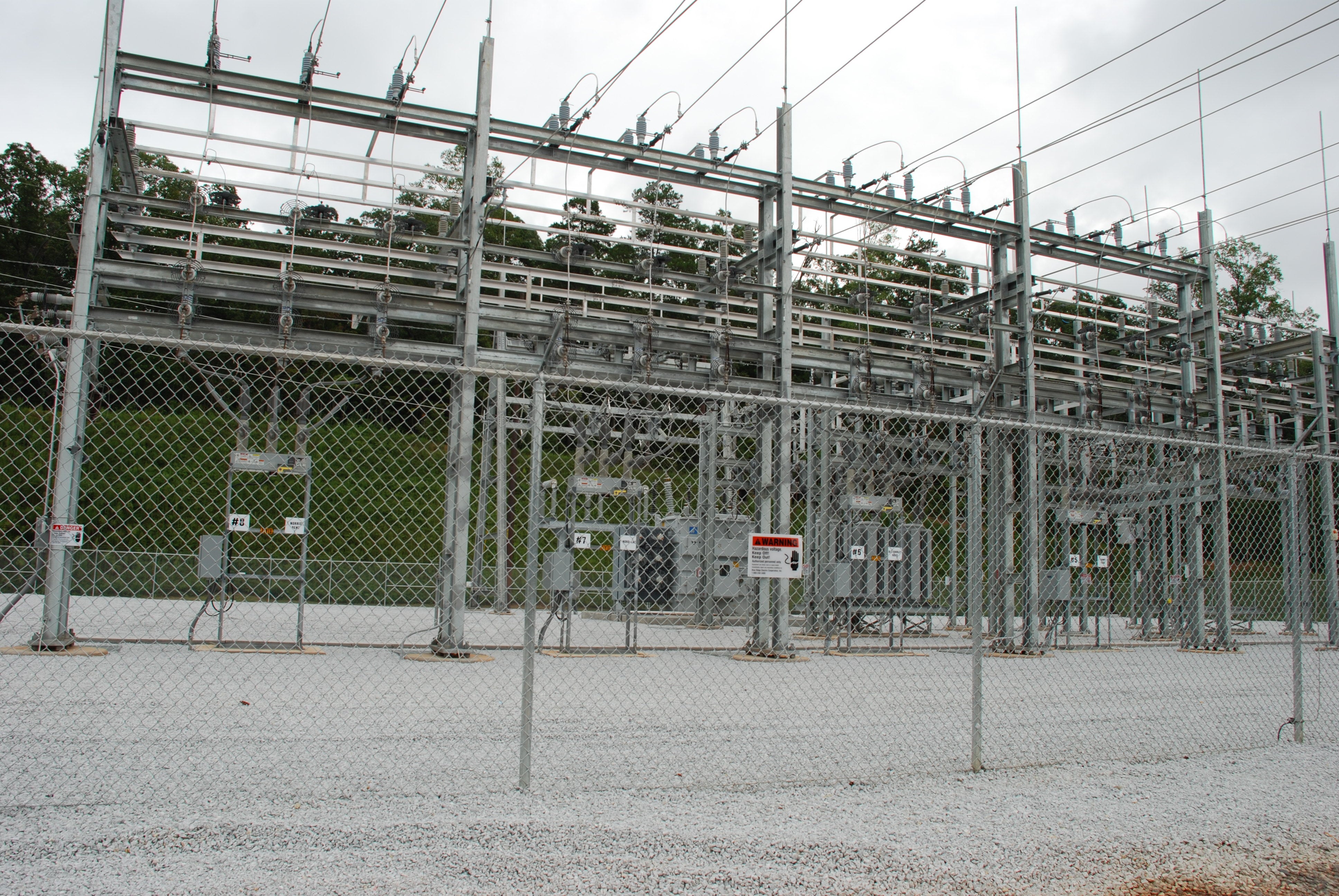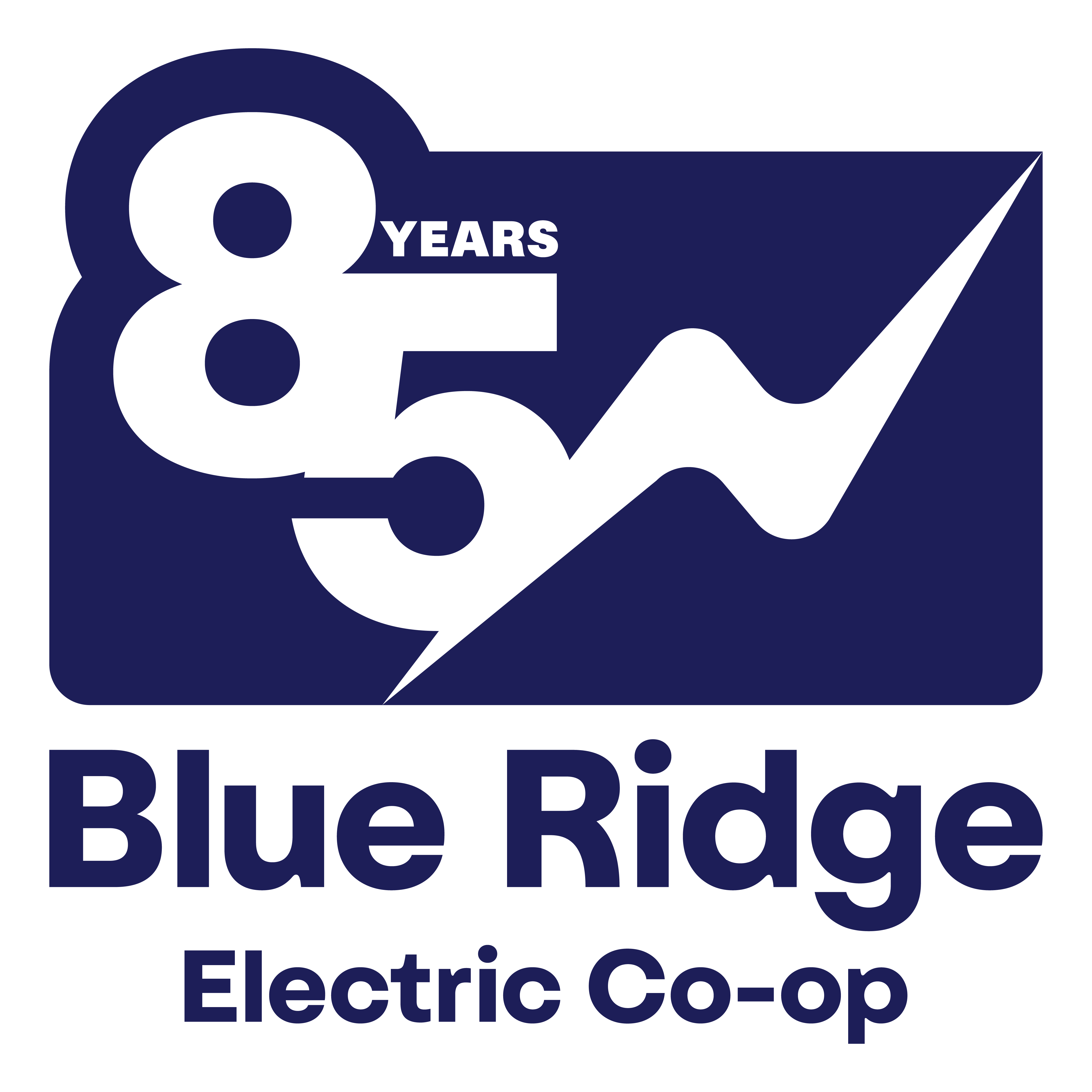
Just years ago, rolling outages were thought to be limited to California, Texas and parts of Europe. But a population boom and lack of new power generation in South Carolina brought a new reality to many across our state on Christmas Eve in 2022.
Blue Ridge Electric Co-op members were immune to the rolling blackouts on that day, but many others were not amid record freezing temperatures. Winter Storm Elliott has since driven the conversation between lawmakers and utilities on how to harden the grid.
Consider this: South Carolina’s most recent nuclear power station opened in 1986 at Catawba Nuclear Station, and the latest coal-fired generation opened in Berkeley County in 2008. The Palmetto State’s population totaled just over 4 million in 2000. Today’s estimated census checks in at 5.3 million people.
New power generation is coming, though. Through the work of Cooperative Leadership here at Blue Ridge and across the state, legislation was passed during the most recent legislative session to allow for new generation to be built in South Carolina. While Duke Energy is proposing to open a natural gas plant in Anderson and state lawmakers approved converting a coal-fired plant into a gas facility in Colleton County, neither project is anticipated to come online until 2031 or later.
Following the power generator’s lead
As a power distributor, co-ops must follow power generators’ directives on load shedding. This is a term engineers use when they intentionally interrupt electricity service to reduce the demand on the power grid and prevent widespread damage and prolonged outages. Load shedding traditionally happens during extreme weather, and interruptions are designed to last no longer than 30 minutes.
At Blue Ridge, we follow Duke Energy’s lead on whether there will be rolling outages. If we stepped out of line and broke protocol, we’d be subject to federal fines and penalties. Failure on our part to voluntarily load shed would result in our transmission service being cut off, resulting in more extreme outages for longer periods. That’s why your co-op values its relationship with Duke Energy through consistent load shedding training exercises and open lines of communication ahead of and during extreme weather.
Before a potential load-shedding event, you can expect Blue Ridge to communicate what’s happening through text alerts, social media posts and e-newsletter blasts. We will communicate when demand on the grid is near or at full capacity and power generators are requesting consumers reduce their energy use.
When there is a rolling blackout, we will provide updates on when service will be restored. We are prepared to respond to these events in a way that minimally affects the co-op membership.
Whether it be a storm-related outage or a rolling blackout, know your co-op is dedicated to getting the lights back on as quickly and safely as possible.
